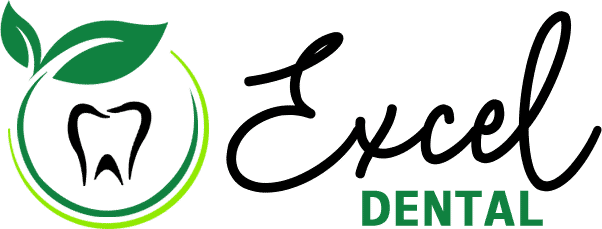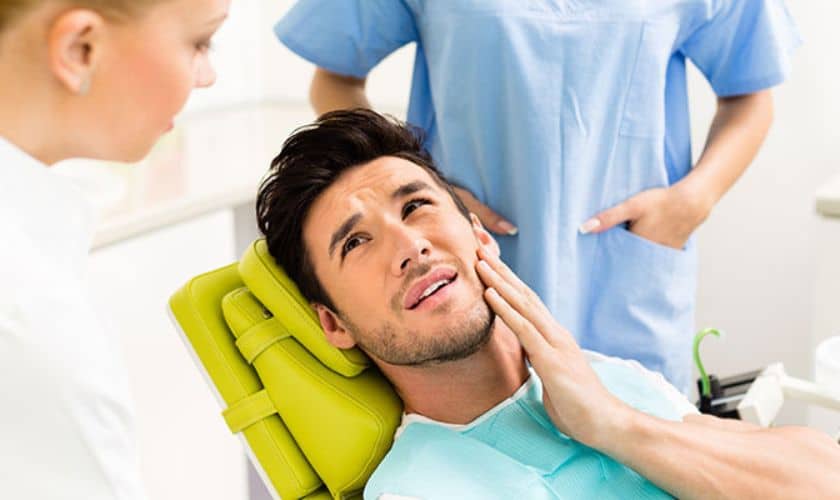No one ever expects or wants a dental emergency, but unfortunately, these occurrences happen more often than we’d like them to. Dental emergencies can range from mild toothaches requiring immediate attention to broken jawbones requiring urgent medical intervention. So, what should you do if you have a dental emergency? This article will provide information on what steps you should take to prepare for and handle a dental emergency.
1) Finding an Emergency Dentist
The first step is to find a local emergency dentist. You can do this by searching for “emergency dentists” in your area or calling around different dental offices and asking if they provide emergency services. It is important to find out the office’s hours of operation and the range of services they offer before you make an appointment. After finding an appropriate dentist, you should make sure that they accept your insurance plan so that you don’t incur unexpected fees after receiving care.
2) Determining the Severity of Your Emergency
It is important to determine whether or not your emergency is serious enough to require immediate attention. If you are experiencing severe pain, have lost a tooth, or think that you may have broken your jaw, you should visit the emergency dentist immediately. If your condition is not that severe, such as a minor toothache or irritation from braces, it may be possible to wait and schedule an appointment later.
3) Knowing When to Go to the Hospital
You should go to the hospital for treatment if your dental emergency is serious, such as excessive bleeding or difficulty breathing. Dental emergencies can sometimes require medical intervention and in these cases, going to the emergency room is essential.
Pain Management
When experiencing pain associated with a dental emergency, it is important to manage the symptoms until receiving professional care. Over-the-counter pain medications can often provide temporary relief, but you should never take any medication without consulting your doctor first. Ice packs can also reduce swelling and numb the affected area.
Dental Trauma
If you are involved in an accident that results in dental trauma, such as a broken or chipped tooth, it is essential to visit the emergency dentist immediately. In some cases, they may be able to repair the damage, while at other times, they may suggest extraction of the affected tooth. It is important to get professional help so that the proper steps can be taken to prevent further damage or infection.
Prevention
The best way to handle a dental emergency is to prevent it from occurring in the first place. Good oral hygiene practices, such as brushing and flossing regularly, can help to reduce the risk of tooth decay and other dental problems. Regular check-ups with your dentist can also help identify any potential issues before they become bigger problems.
Conclusion
Dental emergencies can be frightening and frustrating experiences, but preparation and knowledge are key in these situations. Knowing what steps to take if you experience a dental emergency can save you time, money, and stress. If you ever find yourself in this, remember to find an emergency dentist, know when to go to the hospital, manage pain symptoms, seek assistance for dental trauma, and practice preventive measures.
FAQs
Q1: What should I do if I chip a tooth?
A1: If you chip a tooth, you must visit the emergency dentist immediately. They will be able to assess the damage and determine whether or not extraction of the affected tooth is necessary.
Q2: Can I wait for a regular appointment if my dental emergency isn’t serious?
A2: In some cases, such as minor toothaches or irritation from braces, it may be possible to wait and schedule an appointment later. However, if your condition is more severe or requires immediate attention, visiting an emergency dentist should be done immediately.
Q3: How can I prevent dental emergencies?
A3: The best way to prevent dental emergencies is to practice good oral hygiene habits, such as brushing and flossing regularly. Additionally, visiting the dentist for regular check-ups can help to identify issues before they become bigger problems.


